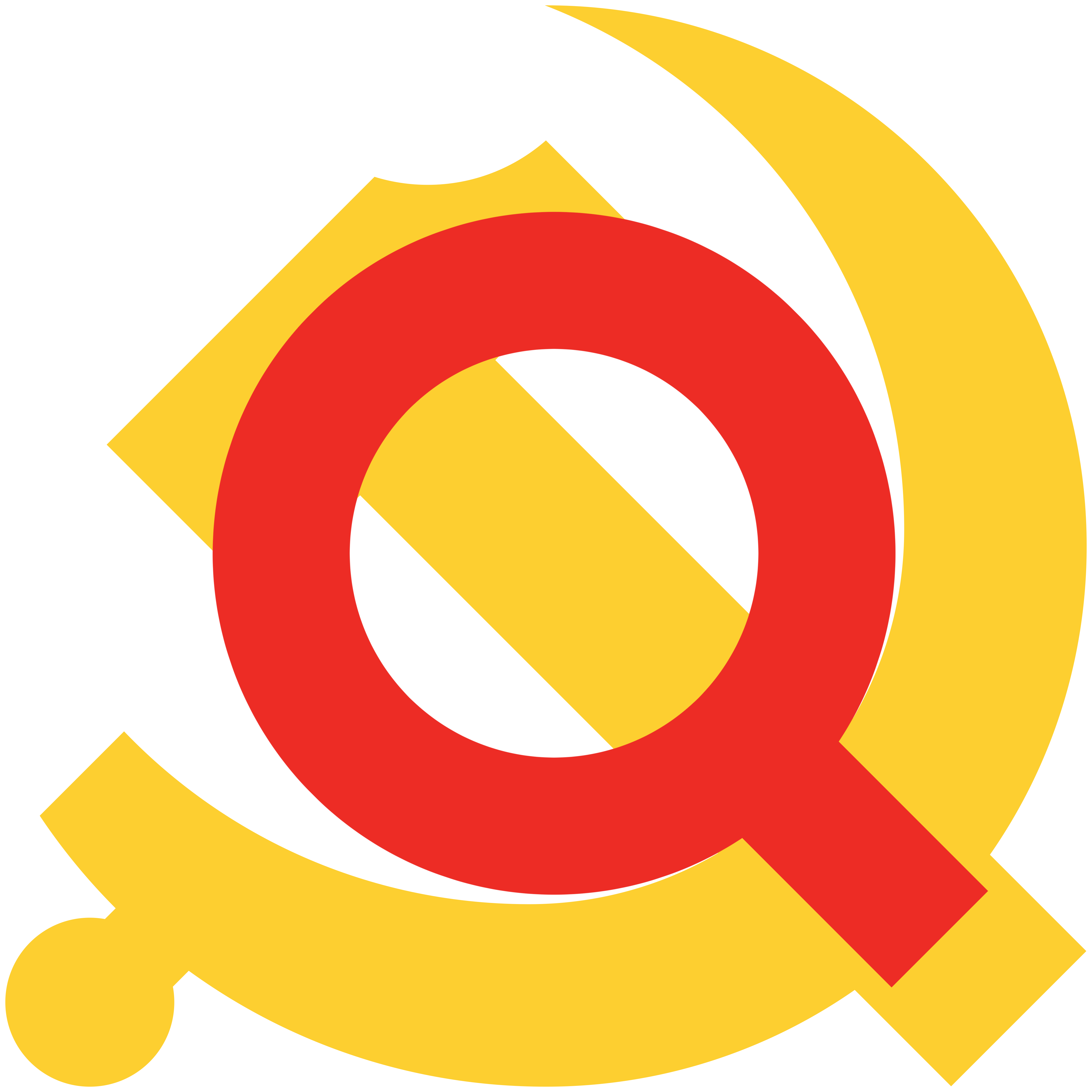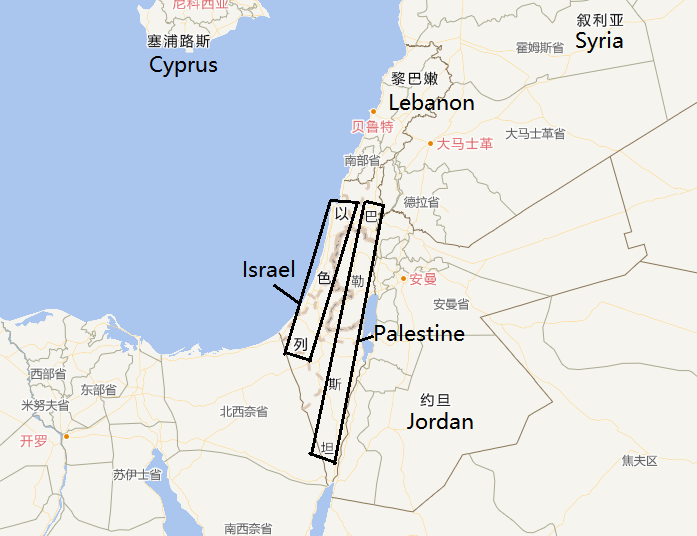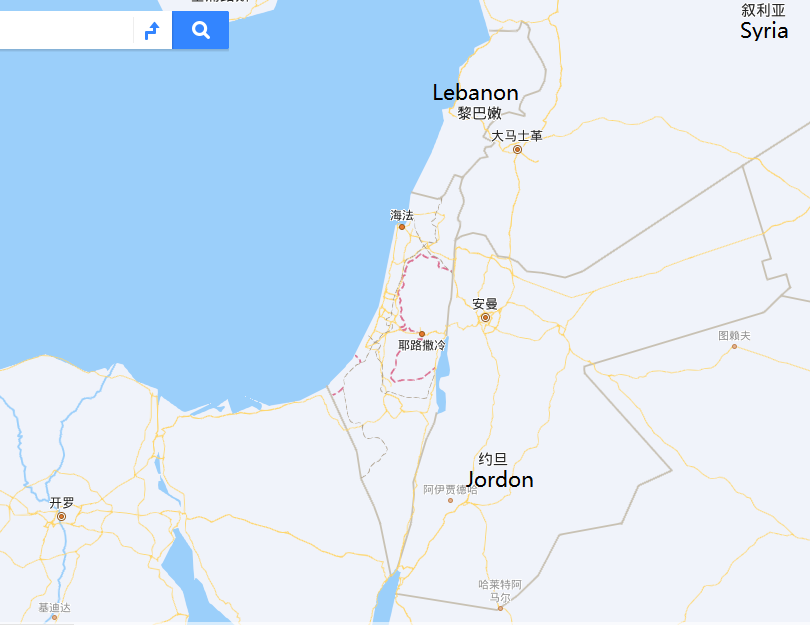Video subtitles:
If you want to make a revolution in this country, Pacheco, we don’t have to read any book by Marx, we don’t have to be a Leninist, we don’t have to be a Mao Zedongist, we don’t have to be Fidel. Read the Brazilian constitution and we will regulate all the rights of the Brazilian people.
For reference: Brazil’s constitution
Did some searching and found the full speech: https://www.gov.br/planalto/pt-br/acompanhe-o-planalto/discursos-e-pronunciamentos/2024/pronunciamento-do-presidente-lula-durante-anuncio-de-investimento-do-governo-federal-para-minas-gerais
Here’s the entire paragraph that includes the part shown in the video at the end:
Bem, eu queria dizer para vocês o seguinte: os meus ministros citaram todos os números que poderiam citar, então não vou dizer, não. Vou apenas dar uma coisa para vocês. Apenas uma coisa para vocês. Esse país passou quatro anos. Na verdade, desde que deram o golpe na presidenta Dilma, esse país parecia um caminhão velho descendo ladeira abaixo, sem controle. Esse país deixou de fazer política social. Quantas casas foram feitas depois que nós saímos do governo? Quantas casas para o pobre? Hoje a gente faz casa para as pessoas mais pobres e as pessoas do Bolsa Família e o BPC não paga a casa, porque o Estado tem o direito de garantir o direito de moradia para as pessoas. Está na Constituição Federal desse país. Se a gente quiser fazer uma revolução nesse país, Pacheco, a gente não tem que ler um livro de Marx. A gente não tem que leninista. A gente não tem que ser Mao Tsé-Tung. A gente não tem que ser Fidel. Leia a Constituição Brasileira e vamos regulamentar todos os direitos do povo brasileiro que está lá. E é isso que nós estamos fazendo.
(DeepL translate) Well, I’d like to tell you this: my ministers have quoted all the figures they could quote, so I’m not going to say it. I’m just going to just give you one thing. Just one thing for you. This country has spent four years. In fact, since the coup against President Dilma, this country has been like an old truck going downhill, with no control. control. This country has stopped making social policy. How many houses were after we left government? How many houses for the poor? Today we build houses for the poorest people and the people on the Bolsa Bolsa Família and BPC don’t pay for the house, because the state has the right to to guarantee people the right to housing. It’s in the Constitution of this country. If we want to make a revolution in this country, Pacheco, we don’t have to read a book by Marx. We don’t have to Leninist. We don’t have to be Mao Zedong. We don’t have to be Fidel. Read the Brazilian Constitution and let’s regulate all the rights of the Brazilian people that are there. And that’s what we’re doing.














I put the whole speech through DeepL and found the second part of the speech to be the interesting part: